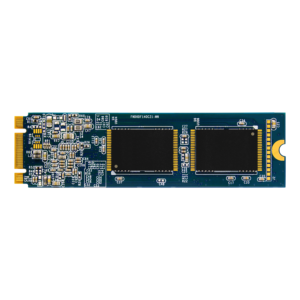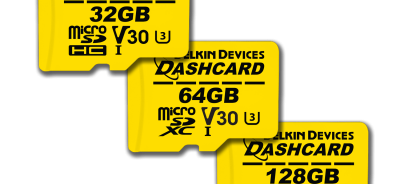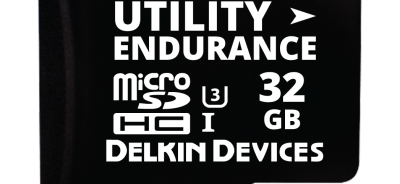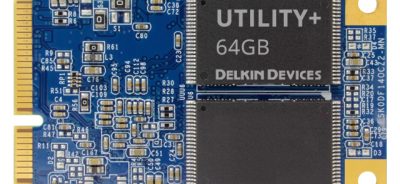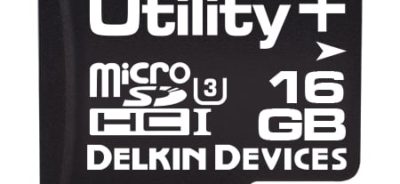M.2 2280 Explained
Designers and OEMs who are considering their options for SSDs, or solid state drives, are likely to encounter the M.2 standard. This standard was designed to provide powerful data transfer speeds in a small form factor SSD. It is useful for devices with constrained space, such as mobile applications, laptops, and other small products. The M.2 format is an ideal alternative to mSATA, which is widely popular but has speed limitations. M.2 2280 refers to a specific size of the M.2 standard.
Comparing M.2 and mSATA
Both M.2 and mSATA SSDs provide high levels of performance for devices with a minimal amount of space. For many years, mSATA—which stands for mini-SATA—was the only SSD alternative for these kinds of devices. However, the demands for better performance as device designs evolved presented some issues. The latest version of mSATA—mSATA 3—only provides data transfer rates of 6Gb/s and 1TB of capacity. Increasingly, engineers are creating devices that are small in size, but with greater needs than what mSATA can deliver in terms of capability and capacity.
The need for increased speeds and capacity led to the development of M.2 SSDs. These SSDs can support SATA interfaces, but they can also support PCIe. As a result, they can provide more capacity and speed than mSATA drives, solving issues for designers who need both a small form factor SSD and an option that offers high speeds.
M.2 2280 Details
M.2 SSDs are available in three different formats: 2242, 2260, and 2280. These numbers refer to the size of the SSD. M.2 2280 is the largest SSD with this standard. The 22 refers to the width of the SSD—22 mm. The 80 refers to the length—80 mm. The other formats can be interpreted in the same way, with the first two numbers referring to the width in millimeters and the second two referring to the length.
There are multiple factors to consider when choosing an M.2 SSD. One is the size of the device. Another is the required capacity—the larger the SSD, the more memory chips it will contain, so the larger the capacity will be. The operating environment and required temperature capabilities are also important.
For answers to your questions about SSDs and the M.2 standard, contact Delkin. Our team is ready to help you find the right storage device for your industrial application.
ORDER DELKIN INDUSTRIAL FLASH STORAGE TODAY through our distribution partner Newark.
 Login
Login Register
Register


